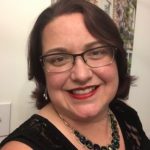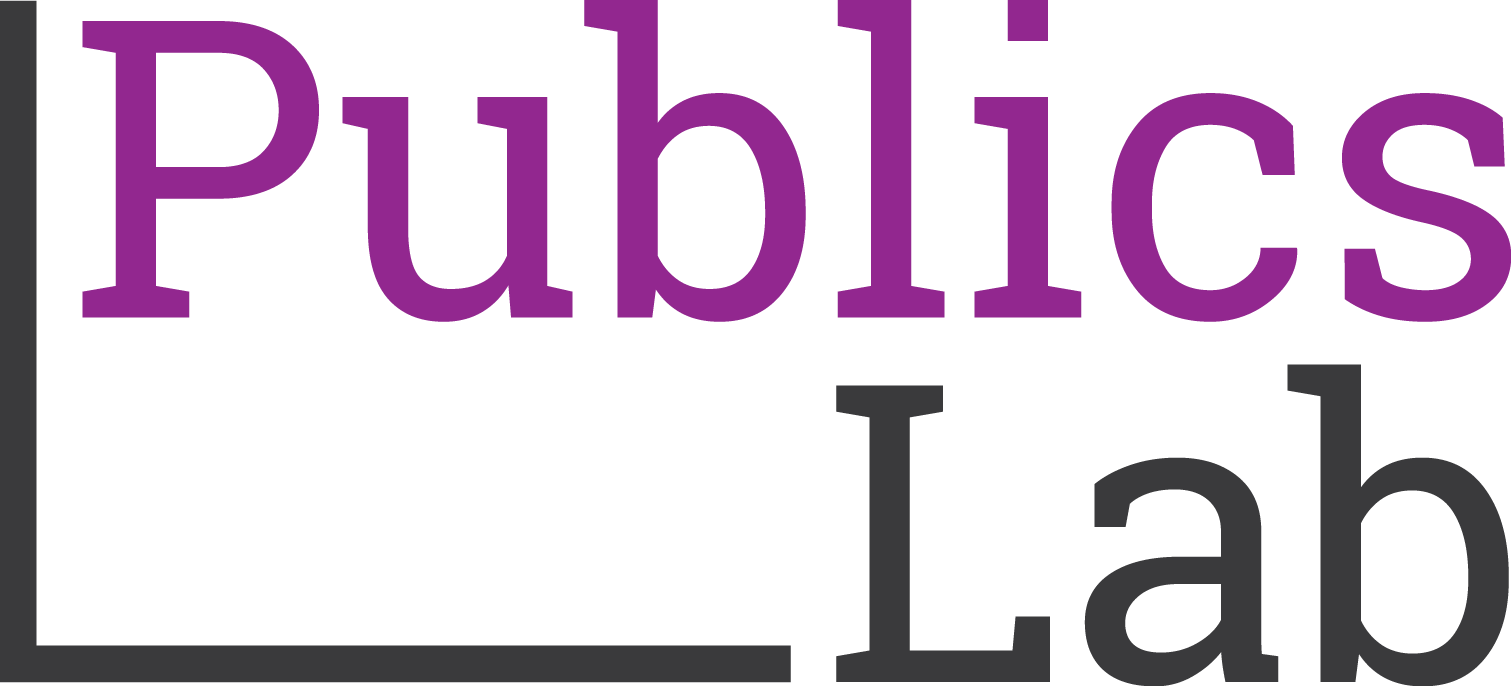In the past five years, I have talked to a lot of people about why they chose not to pursue academic jobs after graduate school––a choice that is more common than people assume. Geography might be the number one reason that I hear; not everyone is willing to throw a dart at a map of North America (or the world, for that matter) and live wherever it lands, which is essentially what one does on the academic job market. But very close behind it is this:
“I found academic research in the humanities to be too isolating. Sitting in a library carrel alone all day made me miserable.”
Now, if you are an anthropologist, you may read that description and say, “That is nothing like what I do.” But certainly in the traditional humanities disciplines of history, classics, literature (my own particular field), and so on, the image of the lone scholar writing their book in isolation is the dominant paradigm; anything else is treated as not quite serious enough to count as “real” scholarship. The single-author dissertation is still what most humanities fields recognize as the qualifying achievement for the PhD, just as the single-author monograph is what most humanities fields deem necessary for tenure and promotion.
For some people, writing a book in isolation, with just a cup of tea and their cat for company, is the dream. Not so for me. I’m an extrovert. I love talking to people. Networking leaves me feeling like I just had a double shot of espresso. I don’t mind some alone time, but working on my dissertation alone, while satisfying in a way, was also sort of, well… soul-crushing.
a book in isolation, with just a cup of tea and their cat for company, is the dream. Not so for me. I’m an extrovert. I love talking to people. Networking leaves me feeling like I just had a double shot of espresso. I don’t mind some alone time, but working on my dissertation alone, while satisfying in a way, was also sort of, well… soul-crushing.
To deal with this, I cultivated side gigs for which my extroversion was a strength, rather than a weakness. But I sensed that the disconnect between how I wanted to work and the way I was expected to work was going only going to get worse as I advanced in my career. From watching junior faculty members in my department, it was clear to me that the way to get tenure was to become very skilled at shutting out the world.
But I didn’t want to shut out the world. I wanted to write books, but I wanted to write books that people would read and engage with, books that would do things in the world. I wanted to give talks that people would come to and walk away still thinking about. I wanted to be a public scholar, and I didn’t want to have to wait until I had tenure. Moreover, I wanted to do these things with other people––collaboratively––both because I found that my work was better when done in collaboration with others but also because it was just more fun. (Yes, fun. Nothing is fun all of the time, but if you’re spending ten hours a day engaged in something that is never fun or is even mostly not-fun, you might want to re-think devoting your life to it.)
In short, the isolation of academic work pushed me out of the profession long before the academic job market had a chance to. To be clear, I’m not sad about it; I love the work that I do now, which always happens in collaboration with others and which makes great use of my extroverted nature while still providing me with lots of intellectual challenge. But as years pass and I’m able to look back on my time in grad school with something like objectivity, I find myself thinking that the problem wasn’t me––it wasn’t that I was deficient in some way. But my core strengths––among which are my ability and desire to connect with people and my dedication to having an impact in the lives of others––seemed undervalued and even dismissed by the academy.
The academic humanities would be a more vibrant, more diverse place if they came to value different ways of thinking, being, and working. Adhering to rigid ideas about scholarship that necessitate shutting out the world excludes from the profession anyone who comes to grad school wanting their scholarship to do things in the world. Activism and connections beyond the academy should be a strength, but often young activist-scholars are treated to such adages as, “You have to be a scholar before you can be a public scholar.”
Wanting to be successful, many young activist-scholars shelve ambitions of impact and public work, or else pursue their activism in secret, quarantining it from their scholarship. In either case, they often grow frustrated and wonder what the point of graduate school––and their disciplines––really is. This frustration, which can easily become existential, is one source, I believe, of the graduate student mental health crisis.
Programs like the PublicsLab start with the assumption that the impact of scholarship in the world should matter. But once you make that assumption, you realize that it will have far-reaching consequences. Valuing impact will mean letting go of the single-author dissertation or monograph; it will also mean letting go of the idea of tenure as the Holy Grail of an academic career. It may even mean relinquishing a certain notion of academic rigour that is closely tied to both tenure and the monograph, and which (if we are honest) often resembles academic orthodoxy.
Letting go of those things feels extremely risky. There are reasons it has not yet happened. But the risk may bring with it great reward. Academic research in the humanities stands to become less isolating, have more impact, and bring more joy––dare I say, even more fun. Moreover, a greater emphasis on impact will make the profession more diverse in a host of ways––creating space not only for extroverts like myself, but also scholars for whom a commitment to their community and the broader public is paramount.
 Stacy Hartman is the director of the PublicsLab at The Graduate Center, City University of New York. At the PublicsLab, she manages the Mellon Humanities Public Fellowship program, which trains early career graduate students in the humanities in the methods and practice of public scholarship. The first interdisciplinary cohort of 12 public fellows begins in September 2019. In addition to the fellowship program, Dr. Hartman is responsible for developing the PublicsLab internship program, managing a robust slate of events related to public scholarship, and serving as the managing editor of the program’s website. Before coming to The Graduate Center in 2018, she was the project manager of Connected Academics at the Modern Language Association. She is currently co-editing a volume titled Mission Driven: Reimagining Graduate Education for a Thriving Humanities Ecosystem. She holds a PhD in German Studies from Stanford University.
Stacy Hartman is the director of the PublicsLab at The Graduate Center, City University of New York. At the PublicsLab, she manages the Mellon Humanities Public Fellowship program, which trains early career graduate students in the humanities in the methods and practice of public scholarship. The first interdisciplinary cohort of 12 public fellows begins in September 2019. In addition to the fellowship program, Dr. Hartman is responsible for developing the PublicsLab internship program, managing a robust slate of events related to public scholarship, and serving as the managing editor of the program’s website. Before coming to The Graduate Center in 2018, she was the project manager of Connected Academics at the Modern Language Association. She is currently co-editing a volume titled Mission Driven: Reimagining Graduate Education for a Thriving Humanities Ecosystem. She holds a PhD in German Studies from Stanford University.






